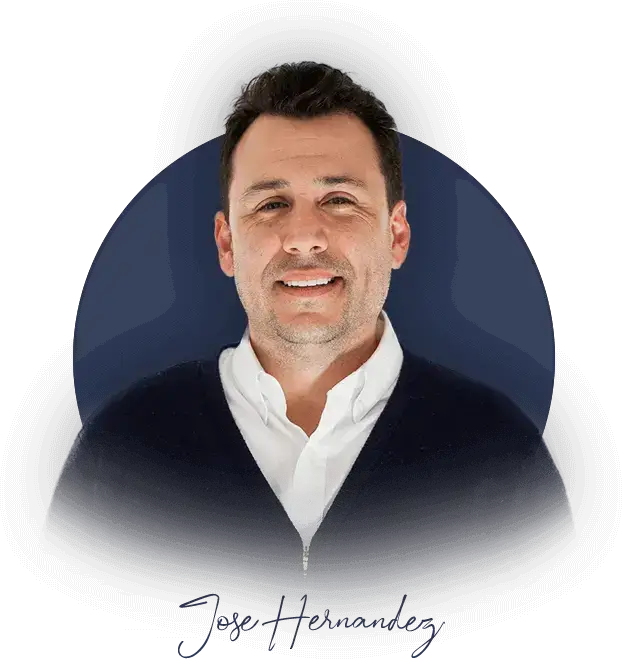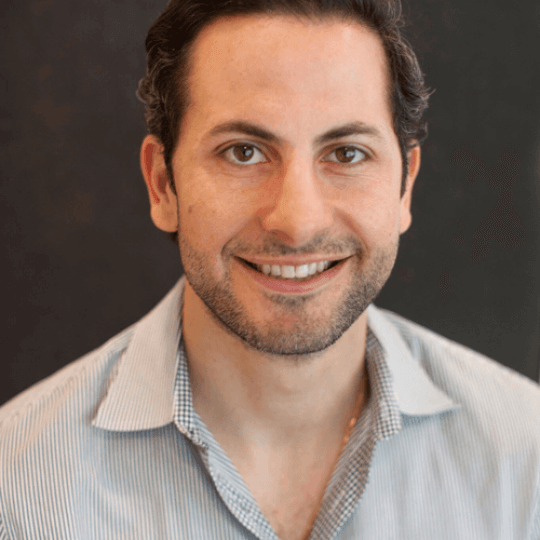People who experience a traumatic event might feel its impact years and even decades later. To make matters more difficult, many people aren’t sure what classifies as a traumatic event. If trauma has touched your life, it may also become a trigger for developing a substance use disorder or worsening current issues with drugs or alcohol. Seeking help from a program specializing in treating both illnesses at the same time can be a jumping-off point for becoming sober and learning to cope with trauma and even leave it behind.
Understanding What Classifies as Traumatic Events
Understanding what classifies as a traumatic event starts with knowing that several experiences can be potentially trauma-inducing. These include:
- Childhood abuse or neglect
- Sexual assault
- Physical assault
- Being involved in an accident
- Being bullied
- The death of a loved one
- Being diagnosed with a serious illness
- Military service or other combat exposure
- Witnessing someone else being hurt or killed
- Surviving a natural disaster, such as a hurricane, earthquake, or flood
- Actions witnessed as a first responder (law enforcement, firefighter, EMS, or paramedic)
Trauma can result from experiencing one of these actions just once or an accumulated amount of times. Even if a traumatic event occurred a long time ago, including during childhood, memories of the event can still affect them and need to be addressed.
Common Responses to Traumatic Events
When post-traumatic stress disorder (PTSD) or other mental illnesses related to trauma occur, signs of the fallout from what classifies as a traumatic event will occur. These signs and responses to traumatic events include:
Flashbacks
Flashbacks are intrusive memories that happen, usually without warning, when something triggers the person to think about their traumatic past. The individual may feel as if the event is happening all over again, sometimes unable to differentiate between the past and the present. Flashbacks cause a person to experience emotional and physical distress.
Emotional Disturbances
Trauma can cause a person to develop anxiety, depression, and feelings of panic. They may become emotionally numb and unable to feel or express themselves. The person may view their condition as hopeless and develop a certainty that negativity and anxious feelings. They may feel angry, irritable, or have mood swings.
Detachment From Life
People suffering from what classifies as a traumatic event often detach from their lives to feel safer or avoid intimacy. Some people withdraw from relationships with family and friends. They may feel uninterested in or unable to form new relationships with dating partners or friends. The person may avoid situations, activities, or people who remind them of their past trauma.
Physical Symptoms
Enduring trauma can cause a person to experience physical symptoms, including headache, nausea, insomnia, and difficulty concentrating. They may feel jumpy, anticipating dangerous situations they feel afraid will suddenly happen. The person might startle easily due to this increased vigilance. Other physical symptoms include mysterious body aches and pains, memory issues, and digestive problems without a physical cause.
Drug or Alcohol Abuse
Many people who have PTSD and other traumatic-induced mental health issues abuse alcohol or drugs to cope. They attempt to self-medicate the symptoms trauma has caused by numbing them, often because they don’t realize they have other options. What might start as periodic excessive drinking or experimenting with drugs can quickly escalate into a full-blown addiction.
What to Do After a Traumatic Experience
After someone experiences what classifies as a traumatic event, it is vital that they take certain steps. The first is to recognize that what they went through was traumatic, and they have every right to feel profoundly impacted. Professionals recommend that the individual take time to slow down, understand they are a victim of trauma, and they need to be kind to themselves. Any temptation to shake it off or try to appear strong will only prolong the pain.
When Should You Contact a Professional?
While some people can put a single act of trauma behind them without professional help, many need help processing what happened to them. Those who experience multiple instances of trauma can usually benefit from professional help. When past or current trauma has caused a person to become unable to function in their daily lives, it’s time to contact a professional and get treatment.
If a person recognizes that they are experiencing some of the signs and symptoms of trauma listed above, they need to seek treatment. Even if they have difficulty acknowledging that they are in trouble, a loved one may be able to see the signs. If a family member or close friend tells them they may need to be assessed to see if they need trauma treatment, it’s essential to pay attention to what they say.
Trauma Treatment in Los Angeles, CA
Do you need help overcoming trauma that has negatively impacted your life? We provide a program specifically designed to help people suffering from PTSD and other trauma-based mental health issues. When combined with our treatment for addiction to drugs and alcohol, you will find yourself able to overcome both conditions. Contact Launch Centers in Los Angeles, CA or visit our admissions page now and find out how to leave trauma in your past.







